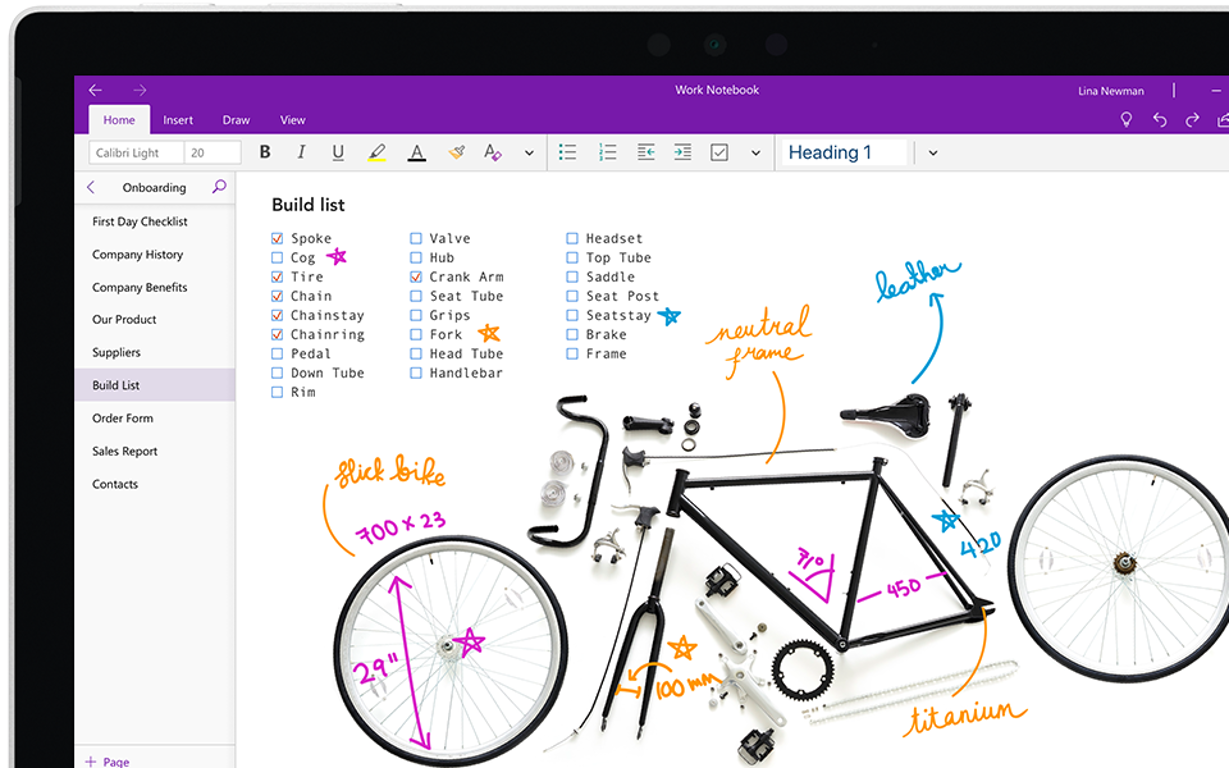6 ways to use time management during your day
1.) Procrastination
Procrastination is the biggest killer of getting things done. Remember when Annie sang the song 'The sun will come out tomorrow' From the musical Annie? Well, it did, but she had to make that happen by escaping the orphanage in the first place from her carer, the cruel Miss Hannigan.
We can all so easily put off tasks until tomorrow and find we never actually achieve them. This could be because the task is overwhelming, difficult or time-consuming.
Try breaking down your tasks into small ones to achieve the bigger task at hand at a more convenient time during your working day.
2.) Avoid multi-tasking
Someone who can multi-task has always been a candidate for some job advertisements to ensure individuals can take on more work than they probably should do. Routine multi-tasking can lead to difficulty concentrating on particular tasks and maintaining focus. If you can manage to focus on one task at a time, you will be more likely to be more productive in the long run. Distractions are always going to be obstacles throughout the day.
- Book an hour meeting in your calendar to focus on an important task.
- Turn your phone to silent.
- Be polite and honest to your colleagues that you have something important to complete.
- Deal with the most important task first or the one you really don't want to deal with
- Avoid any social media activities during your working day
3.) The 11 am technique
This is an interesting technique that is simple to implement. Every morning when you start work, act as if 11 am is your 5 pm. Knowing that 11 am is your time to leave work surely would motivate you to get through your tasks.
The 11 am technique has proven to work amongst those individuals who have done it and forces you to bear in mind the limited time you have to complete tasks.
It's easy to get caught up with chatting with your work colleagues, grab a coffee and some food, check your emails and perhaps have a meeting that's not going to be productive for the rest of the day.
This may require starting your day slightly earlier and if you're working from home, there is no excuse.

4.) Create a plan
Having a plan is key in making your life easier for the rest of the day. A to-do list has always been something used by many people over the years and is still vital in peoples working day. List out all your tasks and assignments and define your priorities. Work out roughly the time it would take to complete each task. It may be worth colouring/highlighting each task for those important ones.
Using pen and paper is the usual method when planning your day and many people still like to work with a simple list writing down your goals for the day can help stimulate your memory and motivation in getting things done. There are some useful tools now that can support you as listed below.
Notion
Notion is an excellent free tool and visually simple to keep track of a whole load of lists and anything from collections, photos, videos and your journal

Obsidian
Another great free tool that can be a huge knowledge base not only for your to-do list but also for keeping your chosen subjects of learning, note-taking, collections etc. This also works as a mind mapping tool where you can connect everything to help your memory.

Microsoft OneNote
Microsoft OneNote is another great tool when providing a more visual experience. It's easy to copy huge amounts of text and pictures into a single page and save them automatically. You can add many sections of chosen subjects as you wish as well.

5.) Plan your workweek on a Sunday
Who wants to put a workweek plan together on a Monday morning? If you're geared up for that then it's fine but having your plan already available on a Monday morning free's up more time to get on with your tasks.
Allow some time on your Sunday, even if it's before you go to bed to put together a plan of priority tasks for the coming week. Putting a plan together while at work can be distracting when you're inundated with calls, meetings and emails. Having a glance at your daily tasks on a Sunday can allow you to know when to prioritize them, especially around meetings.
6.) The 80-20 rule
The economist Vilfredo Pareto came up with the observation that 80% of an outcome generally came from only 20% of its inputs.
This principle has been used by many individuals from all works of life where you can take advantage of finding activities which are part of the 20 percent.
As an example, you may spend a couple of hours putting a training document together for your co-workers and 30 minutes having a meeting with your co-workers to provide hands-on training. Only 1 or 2 co-workers might have been able to fully understand the training process whereas 10 co-workers in the meeting understood it fully. It would be clear that the hands-on training in just a quarter of the time maximised the benefits to more co-workers.
This principle can be used by anyone and it would be advisable to do a time audit or use a tracking tool that will allow you to measure and indicate the great impact and what may be taking up the most time.







